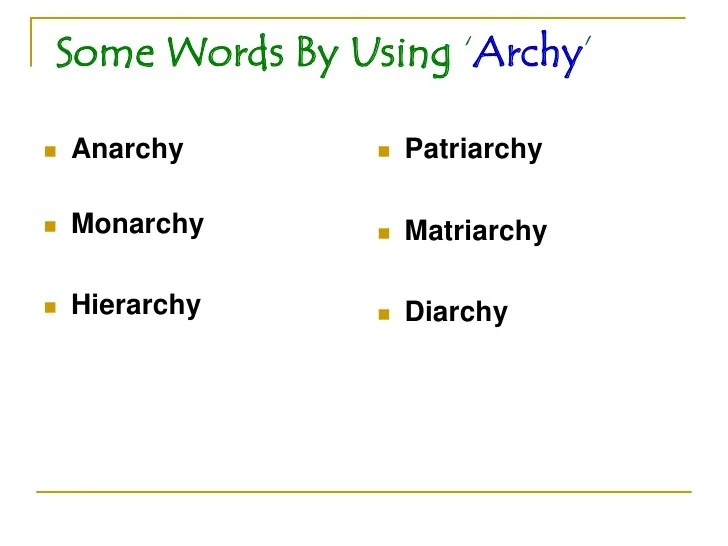Words that end with archy – Delving into the realm of words that end with “archy,” we embark on a captivating journey that unveils their etymological roots, semantic nuances, and profound cultural impact. These words, adorned with the suffix “-archy,” beckon us to explore the intricate tapestry of language, history, and human expression.
From the majestic “monarchy” to the enigmatic “anarchy,” words ending in “-archy” carry a weight of meaning that transcends their literal definitions. They evoke images of power structures, societal norms, and the interplay between order and chaos.
Etymology of “archy”

The suffix “-archy” originates from the Greek word “arkhē,” meaning “rule” or “beginning.” It was adopted into Latin as “-archia” and later entered English through French and Latin.
Words with the suffix “-archy” typically denote systems of government or rule. Some examples include:
- Monarchy (rule by one)
- Oligarchy (rule by a few)
- Democracy (rule by the people)
- Theocracy (rule by religious leaders)
- Anarchy (absence of rule)
Semantic Analysis of “-archy”
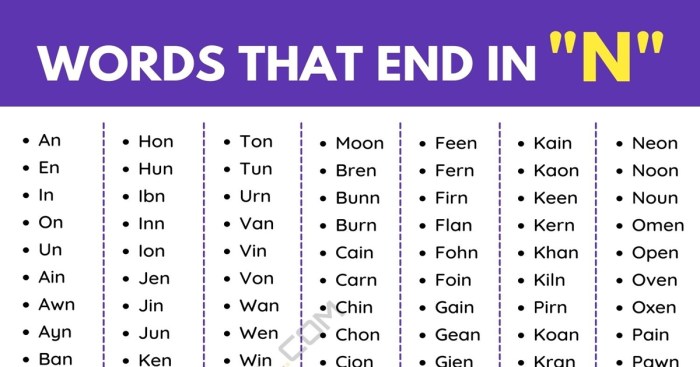
The suffix “-archy” holds a profound semantic significance, conveying the notion of rule, governance, or dominion. It implies a system of authority or organization within a particular sphere or domain. Words ending in “-archy” often carry connotations of power, hierarchy, and structure.
Common themes associated with “-archy” include:
- Governance and Authority:Words like “monarchy” and “oligarchy” directly refer to forms of government and the distribution of power.
- Organization and Structure:“Hierarchy” and “patriarchy” describe systems of ranking and social organization.
- Control and Domination:“Anarchy” and “technocracy” suggest different forms of control or domination over a society or system.
While these themes provide a general framework for understanding “-archy” words, nuances and variations in meaning exist across different contexts.
Nuances and Variations
The meaning of “-archy” words can vary subtly depending on the root word to which it is attached. For instance:
- “Monarchy” implies rule by a single individual, while “oligarchy” suggests rule by a small elite group.
- “Hierarchy” describes a vertical ranking system, while “patriarchy” specifically refers to a social system where men hold dominant power.
- “Anarchy” denotes a complete absence of government or authority, whereas “technocracy” suggests rule by technical experts.
Understanding these nuances is crucial for comprehending the precise meaning and implications of words ending in “-archy.”
Historical Contexts of “-archy”: Words That End With Archy
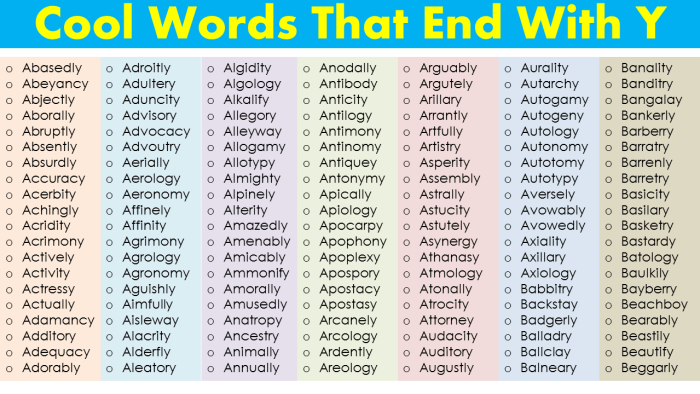
Words ending in “-archy” have been used for centuries to describe systems of government and social organization. The suffix “-archy” is derived from the Greek word “arkhē,” which means “rule” or “beginning.” This suffix has been used in a variety of languages to create words that describe different types of government, including monarchy, aristocracy, and democracy.
The use of “-archy” in English can be traced back to the 14th century. The first recorded use of the word “monarchy” in English was in 1387, and the word “aristocracy” was first used in 1440. The word “democracy” was first used in English in the 16th century.
The use of “-archy” in English has evolved over time. In the early days of the English language, “-archy” was used to describe any type of government. However, over time, the meaning of “-archy” has become more specific. Today, “-archy” is typically used to describe a government that is ruled by a single person or a small group of people.
The Social and Political Implications of “-archy”
The use of “-archy” in words can have a significant impact on the social and political implications of those words. For example, the word “monarchy” implies a government that is ruled by a single person, while the word “democracy” implies a government that is ruled by the people.
The choice of which “-archy” word to use can also reflect the speaker’s political beliefs. For example, someone who believes in the importance of individual liberty might prefer to use the word “democracy,” while someone who believes in the importance of order and stability might prefer to use the word “monarchy.”
Exploring the realm of words that conclude with “archy” unveils a captivating array of linguistic wonders. From the grandeur of monarchy to the intricate tapestry of tetrarchy, these words paint vivid pictures in our minds. However, venturing beyond the realm of linguistics, we stumble upon the fascinating world of tft set 10 radiant items , where the brilliance of these words takes on a new dimension, illuminating the path to victory in the digital arena.
And so, we return to our etymological journey, forever enriched by the vibrant tapestry of words that end with “archy.”
The use of “-archy” words can also be used to make a statement about the speaker’s view of the world. For example, someone who uses the word “anarchy” might be expressing their belief that all forms of government are oppressive, while someone who uses the word “theocracy” might be expressing their belief that the government should be based on religious principles.
Morphological Patterns of “-archy”
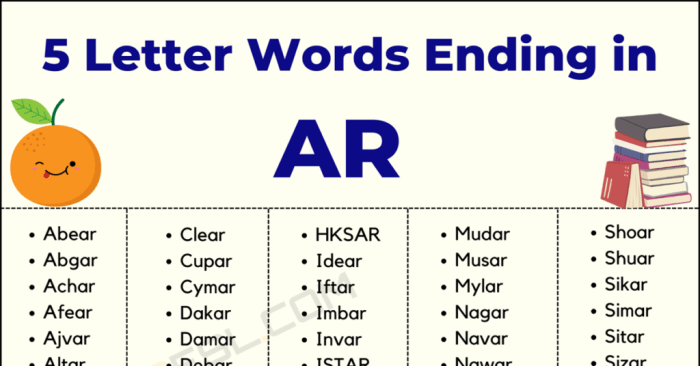
Words ending in “-archy” exhibit distinct morphological patterns that reveal their structural composition and semantic relationships. These words typically follow a consistent formula, consisting of a prefix, root, and suffix, each contributing to the overall meaning of the word.
The prefix, usually of Greek origin, denotes a specific concept or domain, such as “mono-” (one), “poly-” (many), or “an-” (without). The root, derived from Greek or Latin, forms the core meaning of the word, often relating to government, rule, or system.
Finally, the suffix “-archy” serves as a collective noun suffix, indicating a group or system.
Prefixes
Prefixes associated with “-archy” words play a crucial role in shaping their meaning. Some common prefixes include:
- Mono-: One, single (e.g., monarchy)
- Poly-: Many, multiple (e.g., polyarchy)
- An-: Without, not (e.g., anarchy)
- Auto-: Self (e.g., autocracy)
- Hier-: Sacred, holy (e.g., hierarchy)
Roots, Words that end with archy
Roots in “-archy” words provide the core meaning related to government, rule, or system. Some common roots include:
- Arch-: Rule, authority (e.g., archy)
- Krat-: Power, rule (e.g., aristocracy)
- Nom-: Law, custom (e.g., nomarchy)
- Polit-: Government, state (e.g., polity)
- The-: God, divinity (e.g., theocracy)
Relationship between Morphology and Meaning
The combination of prefixes, roots, and the suffix “-archy” creates a rich tapestry of meanings. The specific combination determines the type of government, system, or rule being described. For example:
- “Monarchy” (mono- + archy) refers to a government ruled by a single person (monarch).
- “Polyarchy” (poly- + archy) refers to a government ruled by many people (polyarchs).
- “Anarchy” (an- + archy) refers to a state without government or rule.
Cultural and Literary Significance of “-archy”
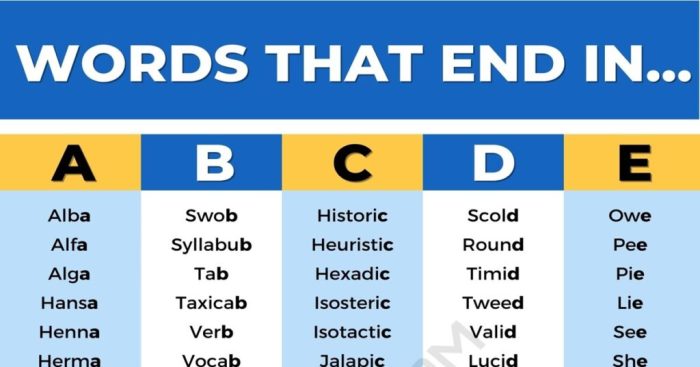
Words ending in “-archy” carry significant cultural and literary weight, reflecting concepts of power, structure, and governance. Throughout history, these words have been employed in literature, art, and popular culture to convey symbolic and metaphorical meanings.
In literature, “-archy” words often evoke images of complex social hierarchies and political systems. From the dystopian “hierarchy” in George Orwell’s 1984to the celestial “hierarchy” of angels in Milton’s Paradise Lost, these words shape narratives that explore the dynamics of power and authority.
Use in Art and Popular Culture
In art and popular culture, “-archy” words have also played a significant role. Surrealist paintings by Salvador Dalí, such as “The Metamorphosis of Narcissus,” depict distorted and fragmented “hierarchies” that challenge traditional notions of order and control.
In popular culture, words like “anarchy” and “monarchy” have become synonymous with specific political ideologies and social movements. The punk rock subculture, for instance, embraced “anarchy” as a symbol of rebellion against established norms.
FAQ Guide
What is the origin of the suffix “-archy”?
The suffix “-archy” derives from the Greek word “arkhein,” meaning “to rule” or “to govern.”
What are some common themes associated with words that end in “-archy”?
Words ending in “-archy” often convey concepts of power, authority, and governance, such as monarchy, aristocracy, and oligarchy.
How have words that end in “-archy” been used in literature and popular culture?
Words ending in “-archy” have been employed in literature and popular culture to explore themes of power dynamics, social hierarchy, and the human condition.
